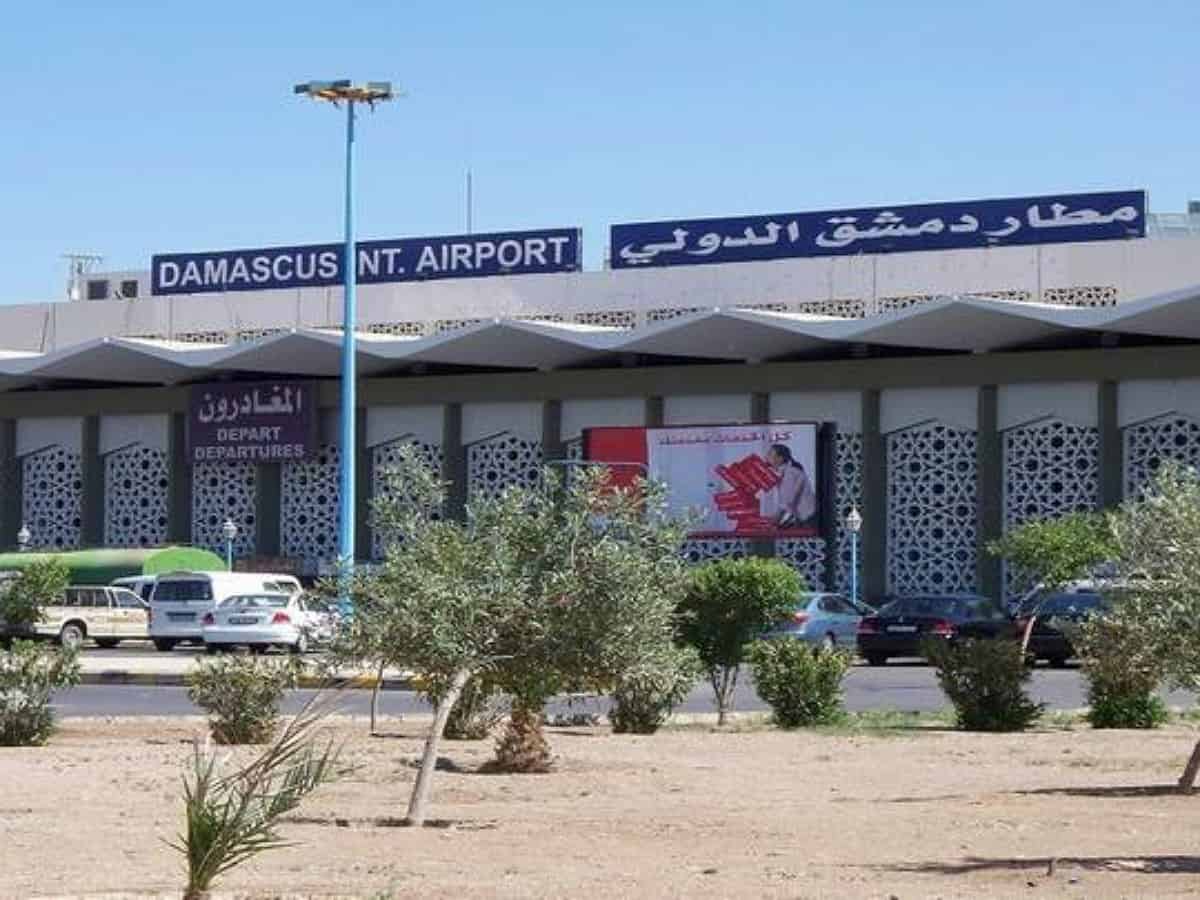
Damascus: The Syrian Ministry of Transport on Friday announced the suspension of all flights through Damascus International Airport, hours after an early morning Israeli missile strike targeted the airport and a warehouse near it, Syria Arab News Agency (SANA) reported.
The ministry said in a statement on its account on the Telegram application that “incoming and outgoing flights” through the airport were “suspended” as a result of a technical glitch in the equipment.
An airport employee told AFP, without revealing his identity, that “the airport was affected by the Israeli bombardment, and we had to postpone all flights for at least 48 hours.”
He explained that “some flights have been transferred to Aleppo airport pending the return of the technical condition of Damascus airport.”
An official in an Arab airline company at the airport confirmed that “the Israeli bombing targeted the landing runway,” explaining that “no plane has landed or taken off from the airport since the attack.”
The Syrian Observatory, Rami Abdel Rahman, said during an interview with Al-Arabiya that the latest strike, carried out before dawn on Friday, targeted three weapons depots near Damascus airport belonging to Hezbollah and other Iranian-backed groups.
He also added that the Syrian airline informed all travellers who had reservations today to postpone their flights for 48 hours after the Israeli targeting.
Israel is constantly launching strikes in Syria, one of which caused the killing of three Syrian officers in May, according to the observatory, which counted 15 Israeli attacks on Syrian territory since the beginning of the year.
Since the outbreak of the civil war in Syria in 2011, Israel has carried out hundreds of air strikes against its neighbour, targeting government forces, Iranian-backed allied forces and fighters from Lebanon’s Hezbollah, but such attacks have rarely caused major flight disruptions.
The war killed nearly half a million people and forced about half of the country’s pre-war population from their homes.



